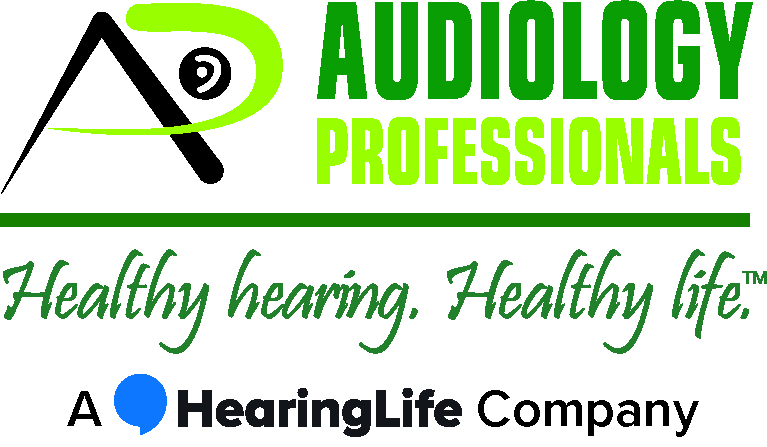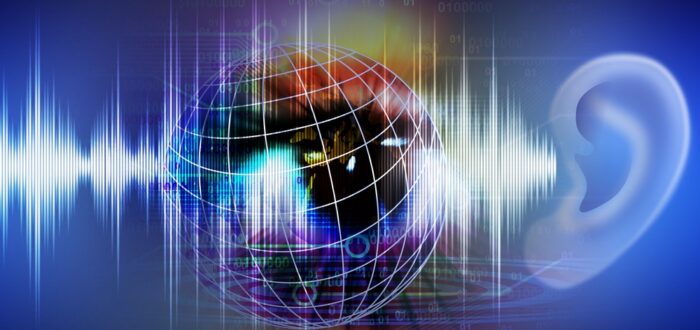Welcome to “Hearing Protection 101: A New Year’s Guide to Safeguarding Your Ears.” As we embrace the New Year, it’s the perfect time to prioritize our hearing health. Whether you’re a music lover, an avid concert-goer, or someone who works in noisy environments, this guide is your go-to resource for keeping your ears safe and sound.
Understanding the Importance of Hearing Protection
Hearing loss can occur from prolonged exposure to loud noises, and it’s often irreversible. Protecting your ears is crucial to maintaining your hearing health long-term. This section will delve into the science of hearing loss and why protection is essential.
Types of Hearing Protection
There are various types of hearing protection available to suit different needs and environments:
- Earplugs: Ideal for concerts, festivals, and daily use. We’ll guide you through choosing the right type, from foam to custom-molded earplugs.
- Earmuffs: Perfect for industrial work environments, we’ll discuss the best earmuffs for maximum noise reduction.
- High-Fidelity Earplugs: For musicians and music enthusiasts, these earplugs reduce noise levels without compromising sound quality.
- Electronic Hearing Protection: Advanced options for those who require sound amplification in certain scenarios, like hunting.
Choosing the Right Hearing Protection for Your Activity
Choosing the right hearing protection for your activity is crucial for effectively safeguarding your ears while ensuring comfort and practicality. The key is to match the hearing protection device to the specific environment and noise level you’ll encounter.
For instance, musicians and concert-goers should opt for high-fidelity earplugs that reduce volume without distorting sound quality, while industrial workers need heavy-duty earmuffs or earplugs that can significantly lower the impact of high-decibel industrial noise. For everyday activities, such as commuting or studying in noisy areas, earplugs that offer a balance between noise reduction and comfort are ideal.
Understanding the nuances of each activity helps in selecting the most appropriate and effective hearing protection, ensuring your ears remain safe and sound in any situation. If you’d like help in selecting the right earplugs or hearing protection for you, our experienced hearing professionals would be happy to help.
Tips for Effective Use of Hearing Protection
To ensure the effective use of hearing protection, it’s essential to consider both the fit and the appropriate context of use. Firstly, ensure that the device fits snugly yet comfortably in or over your ears; a poor fit can greatly diminish the protection offered.
For earplugs, learn the proper insertion technique to create an optimal seal within the ear canal. For earmuffs, check that they fully encase the ears without excessive pressure.
Additionally, be mindful of the environment you’re in and choose a protection level suitable for the noise intensity. Regularly inspect your hearing protection for any signs of wear and tear, and replace them as needed to maintain maximum efficacy.
Lastly, when not in use, store them in a clean, dry place to preserve their condition. By following these tips, you can significantly enhance the effectiveness of your hearing protection and maintain your hearing health.
Contact Us Today!Your hearing health is important to us. If you are having trouble hearing, contact the Audiology Professionals team by calling (541) 228-9233. Alternatively, click here to contact us online.

